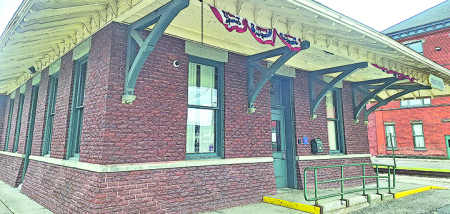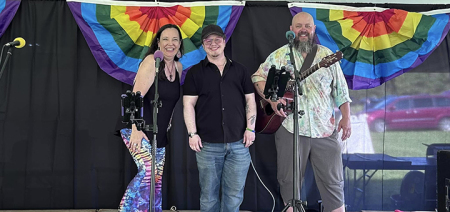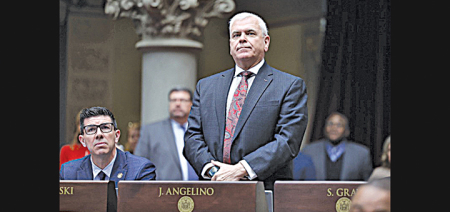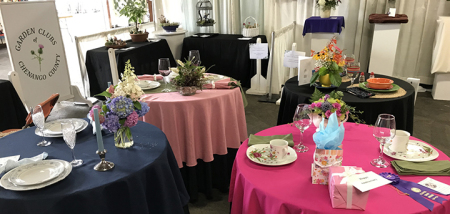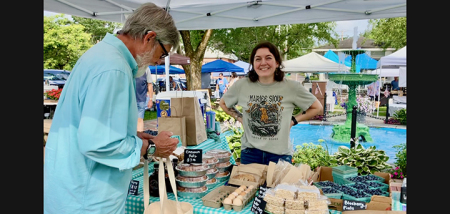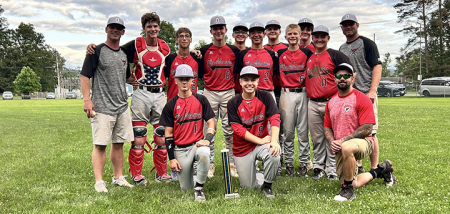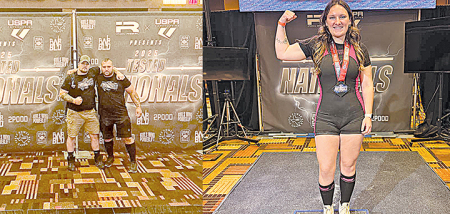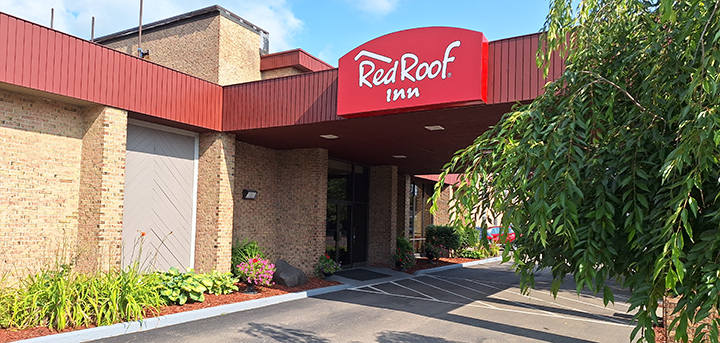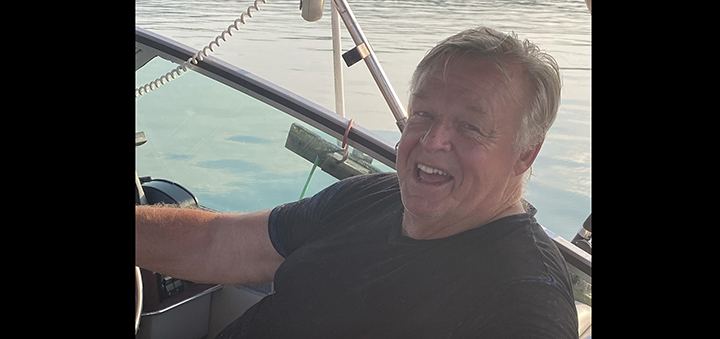Week One: Out Of The Frying Pan And Into The Freezebox
Published:
June 7th, 2016
By:
Bryan Snyder
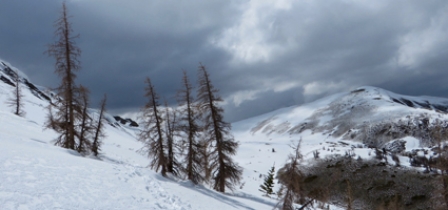
I rolled over in my sleeping bag, causing a mass of snow to slide down the side of the tent and hit the ground with a thud. Not a sound that boded well for my outdoor ambitions. It was tempting to linger within the realm of warmer dreams, but I made myself crawl out of the tent and kick through the snowdrifts along its perimeter so that I could assess the situation.
My Colorado campsite had become a winter wonderland. Over two inches of snow blanketed my jeep and the surrounding forest - quite a change of scenery from the sweltering edge of the Grand Canyon that I’d visited two days earlier. Summer travels this year had begun with tumbleweeds, jackrabbits and dusty desert roads. Now I faced freezing temperatures and an extra challenge in climbing 14,014-foot San Luis Peak. Two inches isn’t a lot of snow, but I suspected I still might be in over my head, as the saying goes.
First, I went out to stare at the road. I’d driven up several miles of steep gravel and dirt to reach 11,000 feet, and I feared that if I tried to take my jeep – nicknamed Charlie – down those slopes while they were covered in powdery snow, he could very likely slip, lose traction and plummet into West Willow Creek Gorge. Charlie had just celebrated his 350,000th mile a few days ago, but my carelessness with the weather may have caused this to be his last trip into the mountains – ever. All the grandiose goals for my final summer writing for The Evening Sun newspaper, including plans to climb the highest mountains in Montana, Nevada and Wyoming, might get derailed in my very first week of travel.
Rather than gamble on the roads, I decided to pack a bag and start hiking in the opposite direction, up the snowy, eight-mile trail to San Luis Peak. The mountain was possibly the easiest of the fifty-four Colorado Fourteeners in that all its slopes were reasonably gentle. I’d have to search pretty hard in order to find a cliff to fall from.
Unfortunately, the fresh snow made every footfall a little more tiring, and I’d handicapped myself severely by giving myself no time to acclimatize to the altitude. A little exercise at high elevations can trigger one’s body to produce more red blood cells, which helps a person transport oxygen more efficiently. At 14,000 feet the air is much thinner, with only about half the available oxygen that exists at sea level. I increased my breathing and heart rate to compensate and tried to convince my red blood cells to work overtime, but they certainly weren’t happy about it. A 12,000-foot peak would have been much more reasonable, or even a 13,000-footer. If blood cells had unions, I’m pretty sure mine would be striking over working conditions.
Still, the scenery buoyed my spirits enough for me to keep putting one foot in front of the other. Above me, the contours of the upper mountains were smoothed over by a thick blanket of snow laid down by multiple storms. Aspen trees slept contentedly in the valleys, having made the wise decision to delay growing new leaves until they knew winter had departed for good. The few pine trees to venture past treeline were stunted and encrusted with frost; their recovery would be even more heroic. San Luis Peak kept its face in the clouds, and I could only hope the mists would lift by the time I got there. As it was, I almost made the decision to turn around a dozen times during my approach. I knew I could reach the top… I just wasn’t sure if I’d have enough energy to get back to the trailhead.
A lone coyote bounded down the hillside and came to a skittering stop right in front of me, spraying powder in all directions. A large rabbit hung limply in his jaws. Before I could lift my camera, the canine made a quick decision and bounded up another hill, leaving paw prints in the snow and drag marks from the dangling legs of his prey. Considering the season, I suspected the meal was reserved for the coyote’s pregnant mate or a litter of hungry pups.
Ultimately, I too was successful at reaching my quarry. The snow stopped swirling about the peaks long enough for me to attain San Luis’ summit and catch a glimpse of the rest of southern Colorado. I’m not much of a winter hiker, so the view felt like a behind-the-scenes look at a region preparing for a much more colorful grand debut. Rehearsals for these mountains were performed in monochromatic costumes - all white ridgelines and black, forested valleys. I wish I could have seen the place fully exposed in summer, but the wintry perspective was a rare treat.
On the descent, I quickly realized that my lack of acclimatization was going to be a problem. The scarcity of oxygen began to cause blood vessels to swell in my brain, bringing on a bad migraine headache, and ibuprofen wasn’t helping ease the symptoms any longer. If I could drop elevation quickly, I would recover from the altitude sickness. But my route traced the upper edges of two alpine basins, keeping me above 12,000 feet for many miles. I had hoped that the return journey would be easier because I had already cut a path through the snow, but high wind and intermittent squalls had filled most of my footsteps with fresh flurries, forcing me to wade through the drifts once again.
Then the sun became my enemy. Ultraviolet light cut through the thinner air and struck me from above and below, reflecting off the crystalline snowfields. The rays easily penetrated my cheap pair of dollar store sunglasses and worsened my headache. I felt my vision was beginning to dim, and I suspected the onset of snow blindness. Truly I had not prepared well for the season.
The sunlight warmed the surface of the snowbanks as well, so that my feet frequently broke through the melted layers and didn’t stop plunging until I was waist-deep and nearly immobilized. I grew exhausted from having to constantly extricate my legs so I could rise back to my feet. I hadn’t budgeted enough energy for this, nor did I have enough oxygen to keep my muscles working properly. Nausea and hypoxia began to affect my balance as well. I started drunkenly stumbling about the time I reached an avalanche zone, and when I looked up and noticed the volume of snow collected on the slopes above me, I realized that I needed to find some reserves of willpower fast so I could get myself out of there.
Somehow I managed to haul my body out of the alpine basin and onto the final slope leading to the trailhead. I wished that I could have walked slowly so that the pounding of my feet wouldn’t exacerbate the pounding of my brain, but one last worry was creeping into my feverish mind. Since the sun hung lower in the sky and the temperature was dropping quickly, I feared that the snow on the roads might be starting to refreeze after softening all afternoon. Charlie and I might be forced to drive down a surface even more slippery and icy than it was this morning.
I really need a miracle, I thought to myself as I pushed my tired legs down the hill. Charlie’s life might be at stake. If I played it safe and waited for the fresh snow to melt completely, I might not reach Denver in time for my friend’s wedding, and that was why I’d traveled to Colorado so early in the season in the first place.
At last I came to the trailhead… and discovered my miracle. Not a speck of snow remained on the road back to town. I couldn’t believe it, considering the chilly temperatures. I could only speculate that the dry air of the Rockies caused the fresh powder to sublimate – a phenomenon where ice converts directly into vapor without going through a liquid state first.
However it happened, I was relieved beyond measure. Charlie could now descend safely, I’d be able to shake my altitude sickness, and my attendance at the wedding was assured. One troubling thought remained: if I was already getting into this much trouble after only four days of travel, then after a full season of outdoor adventure writing I was going to either end up like that coyote or like that rabbit.
May my canine instincts serve me better in the weeks to come.
Bryan is a 1991 Norwich High School graduate and author of several books, including “Renegade Car Camping: A Guide to Free Campsites and the Ultimate Road Trip Experience”, available for free on Amazon and at www.offthemapbooks.com.
Author: Bryan Snyder - More From This Author
Comments
